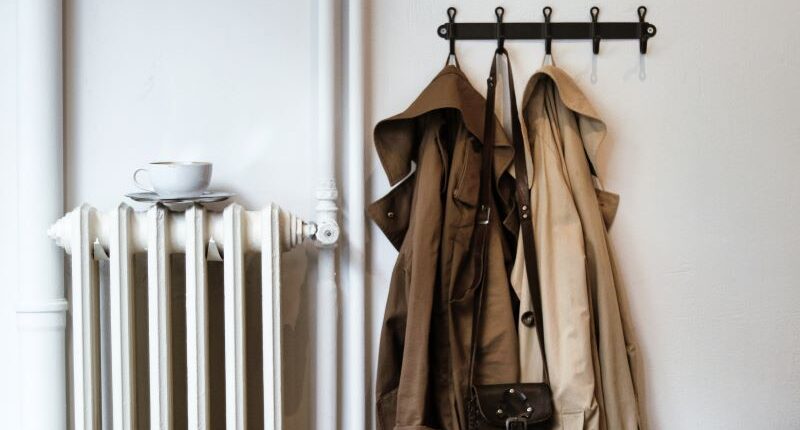- Carbon monoxide is a silent, deadly gas from heaters
- Regular servicing prevents carbon monoxide poisoning and ensures safety
- Licensed professionals should service heaters to maintain optimal performance
As we move into the winter months, households are being urged to heat their homes in a safe manner to ensure they are not at risk of any hidden dangers within their heating systems.
According to RACV, after many months of inactivity, heating systems can be prone to release carbon monoxide gas, which can be dangerous.
Carbon monoxide (CO) is an odourless and invisible gas that can have severe health consequences, including fatality if inhaled in high concentrations. All types of gas heaters, including central heating systems, space heaters, wall furnaces, and decorative log fires, have the potential to produce carbon monoxide.
Maintenance first
Head of RACV Trades, Kieran Davies, said a crucial step to preventing carbon monoxide poisoning is to make sure your heaters are well maintained and not emitting harmful gases.
“The surest and safest way to prevent carbon monoxide poisoning is to have your heaters serviced every two years by a qualified professional,” said Davies.
He said in addition to potential health risks, exposure to carbon monoxide can lead to various symptoms, often mistaken for flu-like illnesses or food poisoning.
“Headaches, nausea, vomiting, skin flushing, muscle pain, weakness, shortness of breath, dizziness, coordination difficulties, confusion, and chest pain are common indicators of carbon monoxide poisoning.”
Kieran Davies, Head of RACV Trades
Davies said in severe cases, high levels of carbon monoxide can even result in loss of consciousness, seizures and death.
Prolonged exposure to low levels of carbon monoxide can also impact cognitive abilities, causing impaired thinking, concentration difficulties, emotional lability, irritability and impulsiveness.
To promote safety and well-being during the winter season, Davies said households need to prioritise regular servicing of their heating systems.
Beyond reducing the risk of carbon monoxide poisoning, servicing offers additional benefits, such as improved air quality by removing dirt, mould and bacteria that accumulate within the system. It also helps optimize heating efficiency, lowering energy costs and extending the lifespan of the equipment.
Alarms have limitations
While carbon monoxide alarms are available for purchase from various retailers, it is essential to understand their limitations he said.
“Carbon monoxide alarms are effective only in detecting carbon monoxide levels within their immediate vicinity.”
“Therefore, relying solely on alarms may not provide comprehensive protection against carbon monoxide exposure.”
Davies said homeowners should strictly adhere to the manufacturer’s instructions when installing and operating heaters.
“If you suspect a fault in a heater, have it serviced or replaced immediately.”
When seeking professional assistance for heating system maintenance, it is crucial to engage licensed tradespeople to ensure the job is performed safely and competently according to Davies.
“When selecting someone to service your heating system, make sure they are licensed to do the job.”








